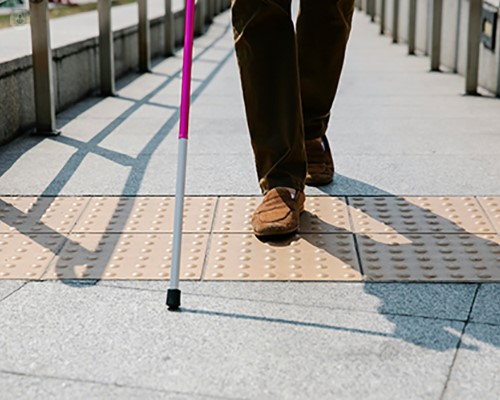Hip replacement surgery explained
Written in association with:Hip replacement surgery, a common procedure where a damaged hip joint is substituted with an artificial one (known as an implant), offers a new lease on life to individuals suffering from debilitating hip pain. This surgery is predominantly performed on people aged between 60 and 80, although adults of any age can be considered. Modern artificial hip joints are designed to last at least 15 years, significantly reducing pain and improving mobility for most patients. In his latest online article, Mr Trevor Lawrence gives us his insights.

When is hip replacement necessary?
Hip replacement surgery becomes necessary when the hip joint is so worn or damaged that it severely limits mobility and causes pain even at rest. The primary condition leading to hip replacements is osteoarthritis. Other causes include:
- Rheumatoid arthritis
- Hip fractures
- Septic arthritis
- Bone dysplasia (disorders causing abnormal bone growth)
Criteria for hip replacement surgery
Due to the major nature of the surgery, hip replacement is typically recommended only after other treatments, such as physiotherapy or steroid injections, have failed. You could be a candidate for hip replacement if:
- Severe pain, swelling, and stiffness in the hip joint limit mobility.
- Hip pain severely impacts quality of life and sleep.
- Everyday activities, such as shopping or bathing, become challenging or impossible.
- Pain and lack of mobility lead to depression.
- You are unable to work or maintain a social life.
Candidates must also be healthy enough to endure both the surgery and the rehabilitation process.
The procedure
Hip replacement surgery can be performed under general anaesthesia (where you are asleep) or spinal anaesthesia (where you are awake but numb from the waist down). In some cases, an epidural, similar to spinal anaesthesia, may be used. The procedure involves:
- Incision: The surgeon makes a cut into the hip.
- Removal: The damaged hip joint is removed.
- Replacement: An artificial joint or implant is inserted.
The entire surgery usually takes about 1 to 2 hours.
Alternative: Hip resurfacing
Hip resurfacing is another surgical option where only the damaged surfaces of the bones inside the hip joint are replaced with a metal surface, preserving more bone. This procedure is generally recommended for very active men with larger hips. However, its popularity has waned due to concerns over potential damage to surrounding soft tissues from the metal surface.
Preparing for surgery
Preparation is crucial for a successful hip replacement. Key steps include:
Staying active: Engage in gentle exercises like walking and swimming to strengthen the muscles around the hip.
Information: Gather detailed information from the hospital, including written materials or videos about the surgery.
Physiotherapy: A physiotherapist may provide exercises to prepare your body.
Enhanced recovery programmes: Some hospitals offer these programmes to expedite recovery post-surgery.
Recovery process
Post-surgery, the hospital stay typically ranges from 3 to 5 days. During recovery:
- Initial care: You will use a frame or crutches and receive exercises from a physiotherapist to strengthen your hip.
- Home adaptation: An occupational therapist may assess your home and suggest equipment to aid in daily activities.
- Exercise programmes: These help regain and improve hip function.
Most people return to light activities or office work within approximately 6 weeks, but individual recovery times can vary. Always consult with your doctor or physiotherapist for personalised advice on resuming normal activities.
Risks and complications
While the risk of serious complications from hip replacement surgery is low, potential issues include:
- Hip dislocation
- Infection at the surgery site
- Injuries to blood vessels or nerves
- Deep Vein Thrombosis (DVT)
- Fractures around the hip replacement during or after surgery
- Leg length discrepancies
Artificial hip joints may also wear out sooner than expected, potentially requiring revision surgery.
Mr Trevor Lawrence is an esteemed orthopaedic surgeon. You can schedule an appointment with Mr Lawrence on his Top Doctors profile.


